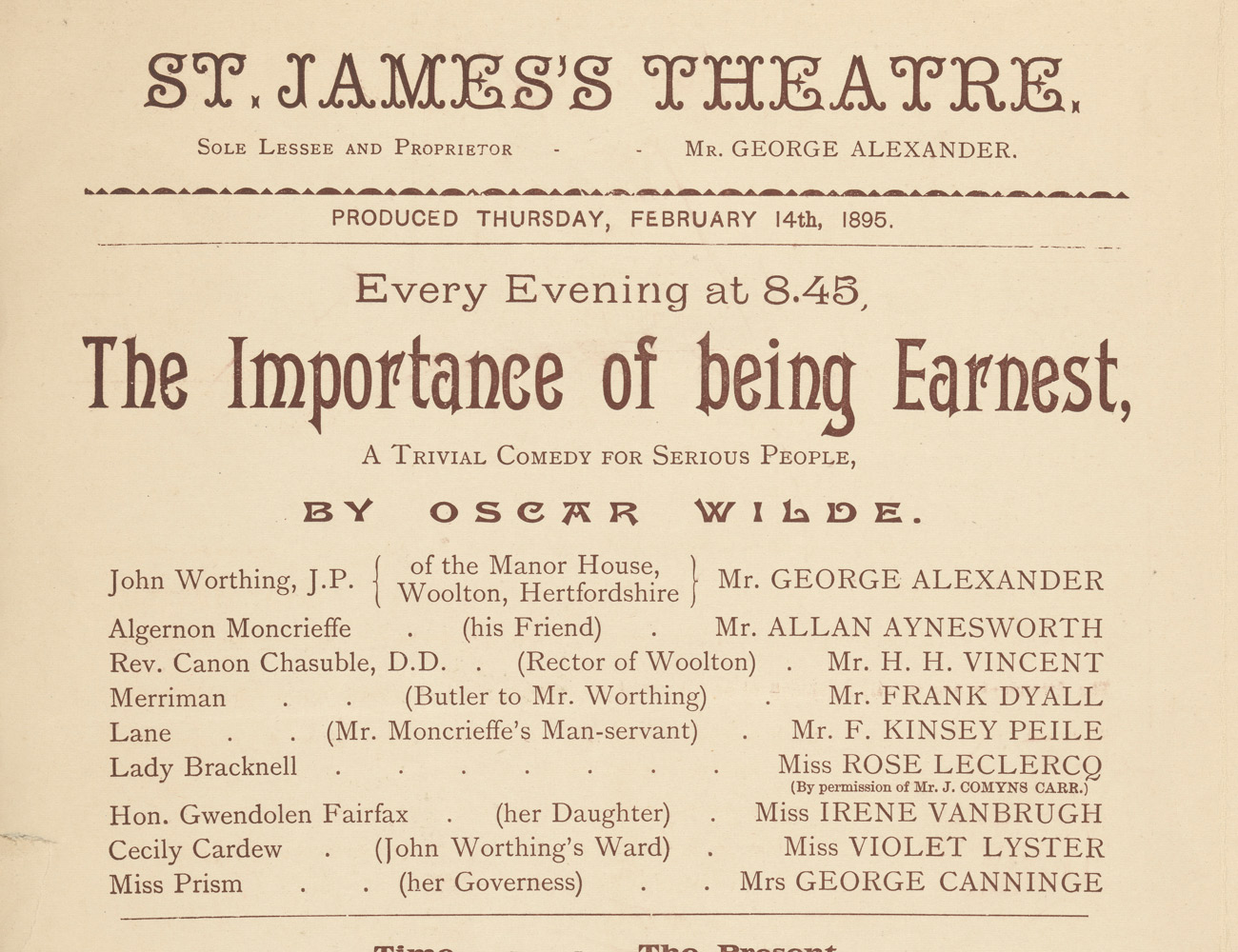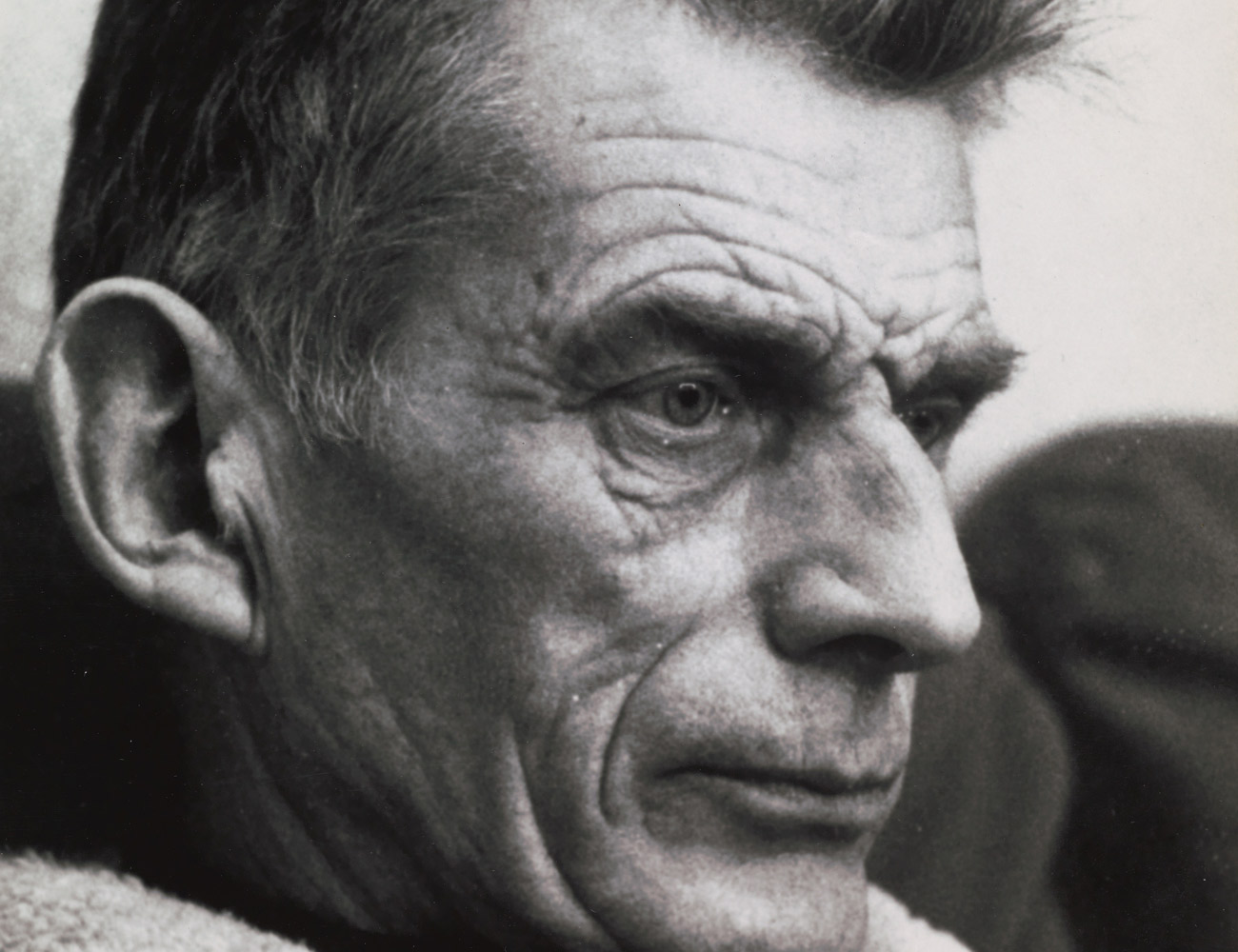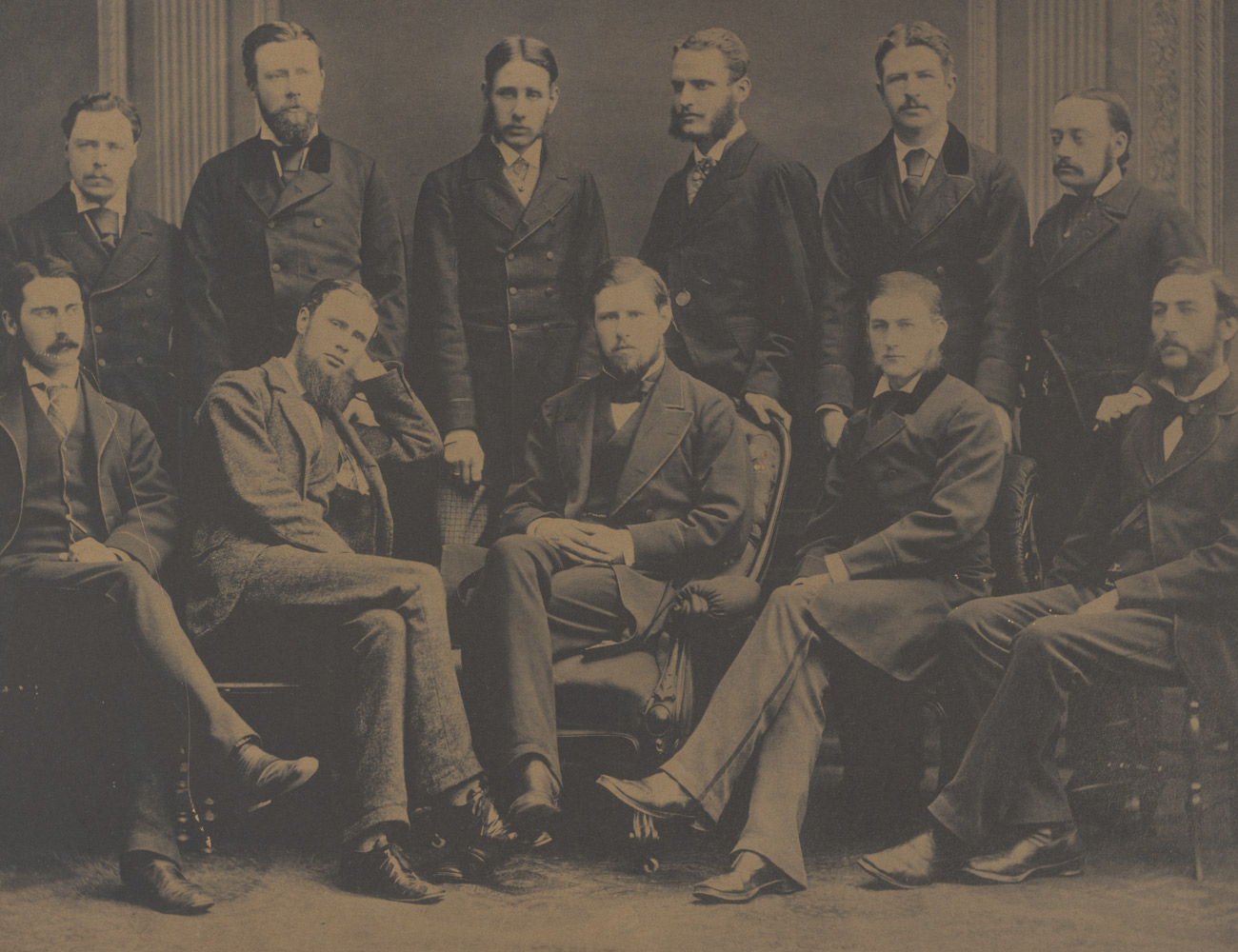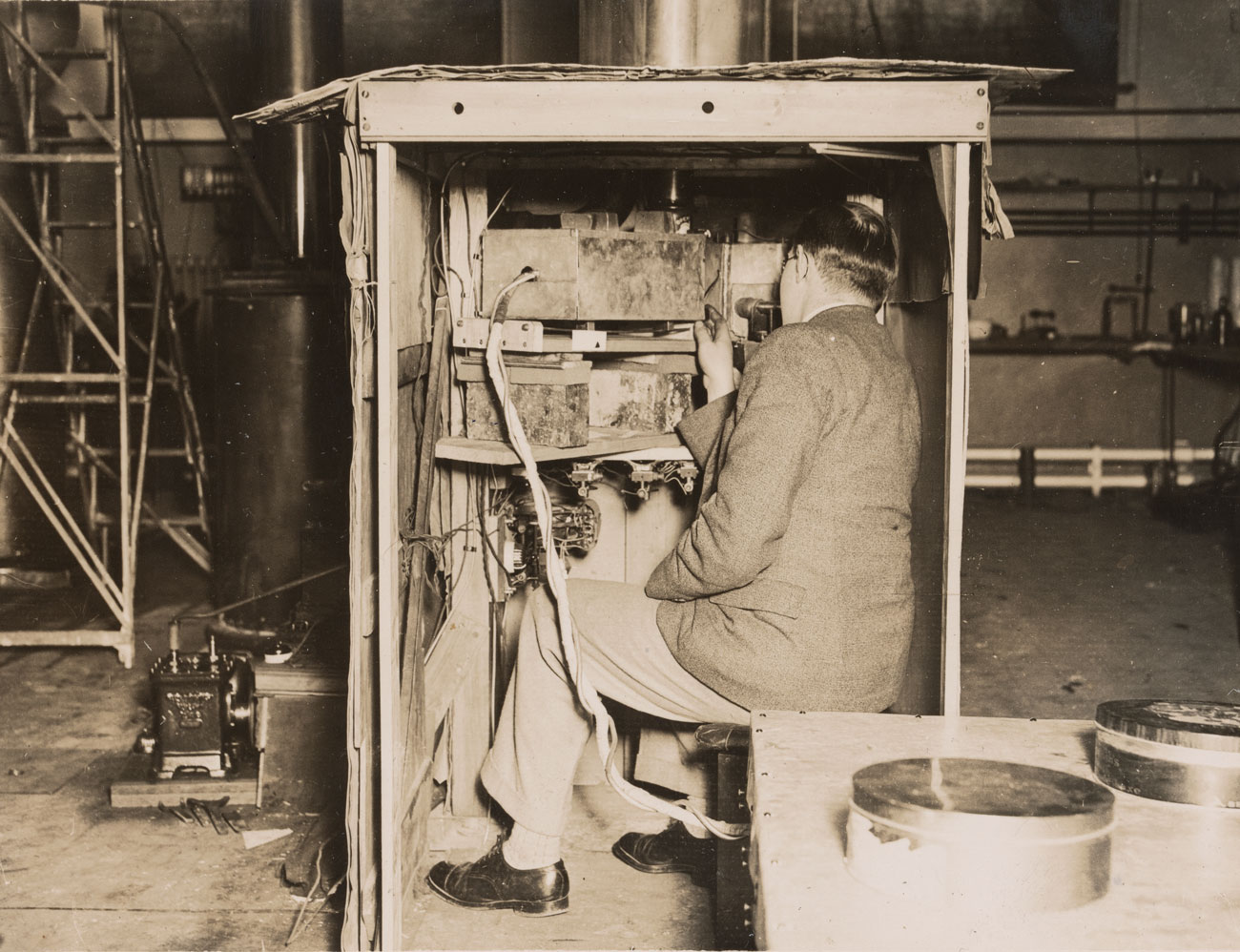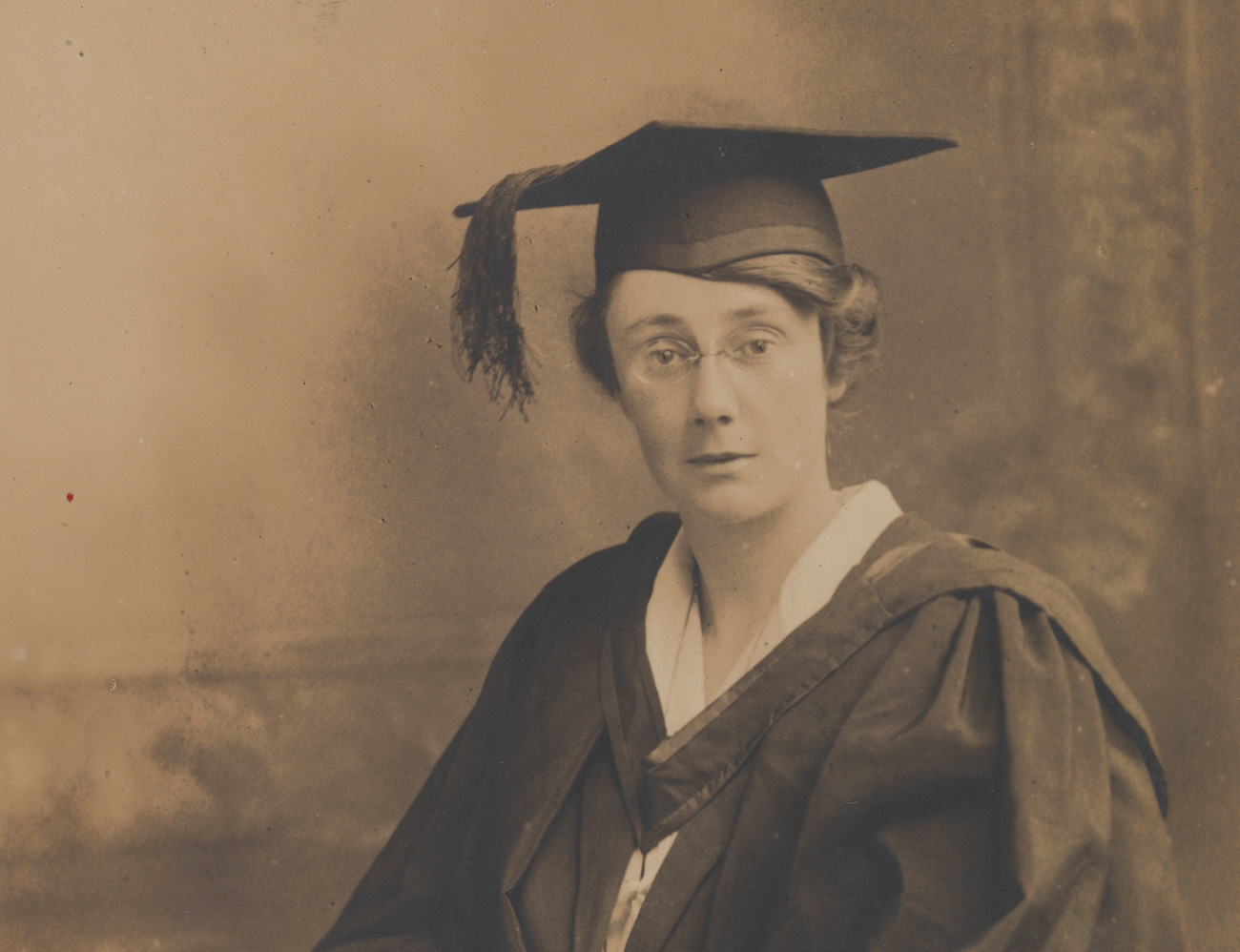Trinity's Scholarly Contribution to the World
Our unique and distinct research collections reflect this heritage. The Library of Trinity College Dublin holds the complete archive (including 200 research notebooks) of one of Ireland's most renowned scientists, Sir William Rowan Hamilton (d.1865), most famous for the discovery of quaternions, and who was made Professor of Astronomy in Trinity while still an undergraduate. A full professional and personal archive of Nobel Laureate Ernest Walton ranges from the letter he wrote to his wife on the occasion of the splitting of the atom, to his advice to the Irish Government on the importance of science in education.
Among writers in the English language, with world-wide name recognition, four were students of Trinity − Jonathan Swift, Oscar Wilde, Bram Stoker, and Samuel Beckett – and the Library is home to significant manuscript collections which support research into their work. Manuscripts relating to legendary writer, wit and raconteur Oscar Wilde are also cared for by the Library. The Wilde collection includes a unique letter to his son and the receipt he signed for the loan of money a friend gave him the day he was released from jail. The Swift collection includes a death mask and the memoir in which he famously fudges the details of his birth, and records his outrage at how he was treated as a student.
Recent acquisitions include the archive of Professor John Gabriel Byrne, Ireland's Computer Science pioneer and an extensive literary archive of former Trinity Professor and poet Brendan Kennelly, one of the greatest Irish poets of the twentieth and twenty-first centuries.
The contribution of Trinity scientists and humanists to the global sum of knowledge cannot be underestimated. Their literary remains are preserved in perpetuity in the University Library; open access to these materials, global and free, will burnish the reputation of the University wherever the tradition of learning and research is venerated. The literary archive of such luminaries as Swift, Wilde, and Beckett are scattered all across the English-speaking world and it has long been the ambition of digital-humanists to gather them together virtually. Not alone will this bring into being new audiences for their work, and make traditional literary research immeasurably simpler, it will allow the entirety of each author's unpublished oeuvre to be seen as a whole, which in turn inspires and permits the opening up of newlines of enquiry regarding chronology and influence.


